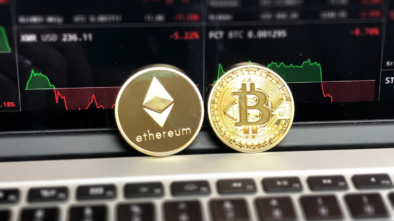A Russian court has recognised cryptocurrency as a form of payment, citing precedent
According to Russian media, the City Court of St. Petersburg has acknowledged a considerable sum of cryptocurrency turned up by the victim in an extortion case as a form of payment. The verdict is described as a precedent by the prosecutor’s office in Russia’s second-largest city. Two Russian residents were sentenced to nine and seven years in jail for extorting 5 million rubles (almost $90,000) in cash and 55 million rubles (nearly $1 million) in digital assets from another individual under a rigorous regime.
The St. Petersburg City Court has acknowledged cryptocurrencies as a form of payment during the trial, according to the crypto website of Russian business news portal RBC. The verdict is a first, according to prosecutors, because the Russian government has yet to decide on the legal status of bitcoin and other cryptocurrencies. Pyotr Piron, one of the criminals, introduced himself to the victim, G.A. Shemet, as a Federal Security Service officer four years ago (FSB). According to the story, he threatened Shemet with criminal prosecution in order to extract money from him in fiat and cryptocurrencies.
Piron solicited the help of an accomplice, Yevgeny Prigozhin, a former employee of the Russian Ministry of Internal Affairs since Shemet did not think Piron was a security agent and refused to give him the monies (MVD). They informed Shemet that a criminal probe against his suspected unlawful bitcoin distribution would be begun. They organized a bogus arrest of the crypto owner in the summer of 2018, and he turned up his fiat cash and crypto cache under threat of torture.
Following an appeal, a cassation court ruled that cryptocurrencies can still be used as a payment method and remanded the matter to the first instance court. The municipal court announced a revised decision that included the digital currency without modifying the defendants’ sentence terms. This comes after a district judge in St. Petersburg permitted law enforcement personnel to seize stolen bitcoin in another criminal case earlier this month. Investigators had requested the seizure of a suspect’s two dozen cryptocurrency wallets, which included 1 billion rubles in Ethereum (ETH).
Read more: The Russian Parliament has received a draught law on non-financial transactions (NFTs).








